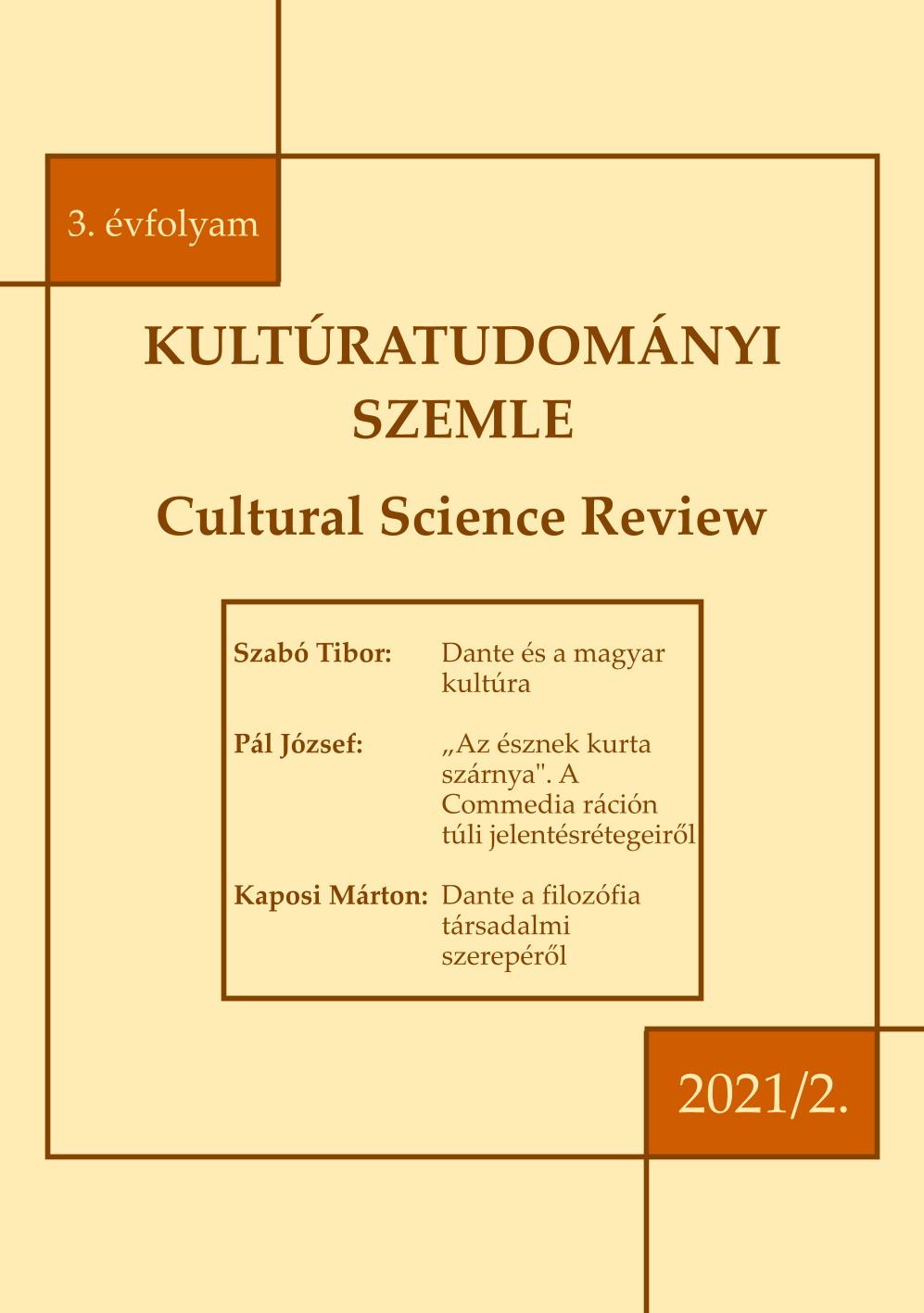Dante és a magyar kultúra
Abstract
The great Italian poet, Dante Alighieri had a very extensive influence on Hungarian culture. The first translation of the Divine Comedy by the poet Mihály Babits (1913-1923) was published at the beginning of the 20th century and it made a controversial but still an extensive influence on Hungarian culture. Different and opposite interpretations was published on Dante during the many kind of Hungarian historical periods: Dante was considered once like a believer Catholic (up to 1945), on the other hand like a lay precursor of a new, humanist historical era (1950-1990). In the Hungarian literature many poets tried to imitate his example after the publication of his Complete Works made by Tibor Kardos in 1963-1965. In the Hungarian fine art his presence is obvious: Hungarian sculptors are always present in Ravenna Biennal and Dante is one of the favourite themes of Hungarian painters. In the latest period many new translation of his works was published in Hungary.

